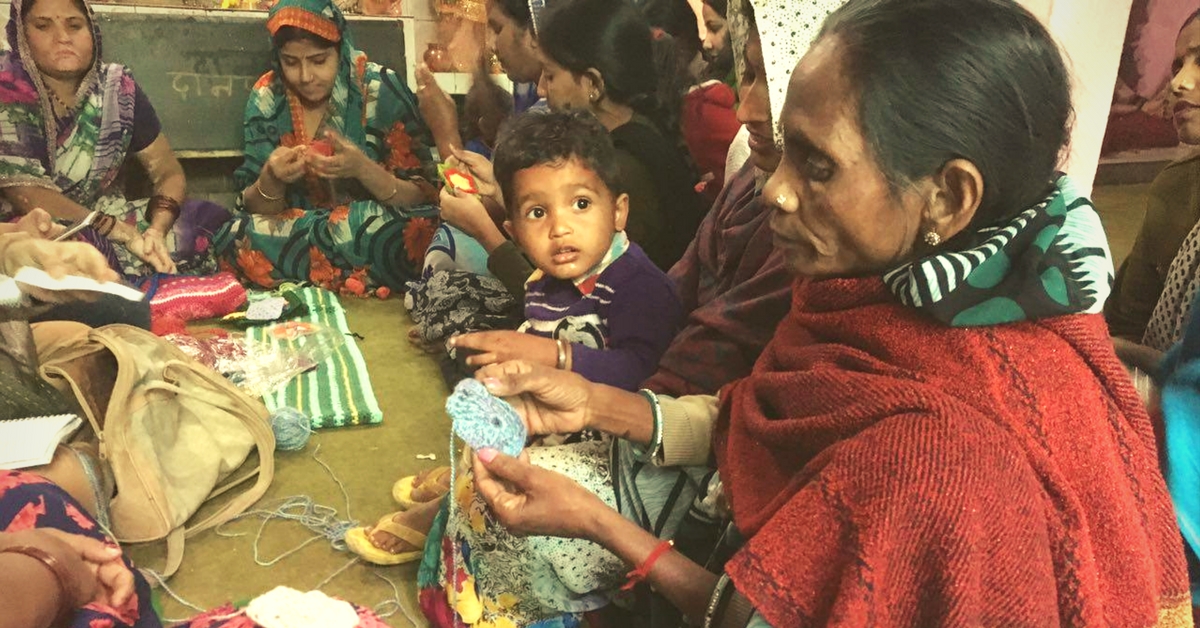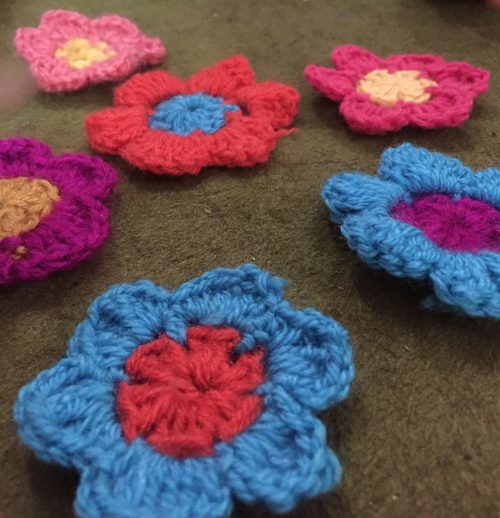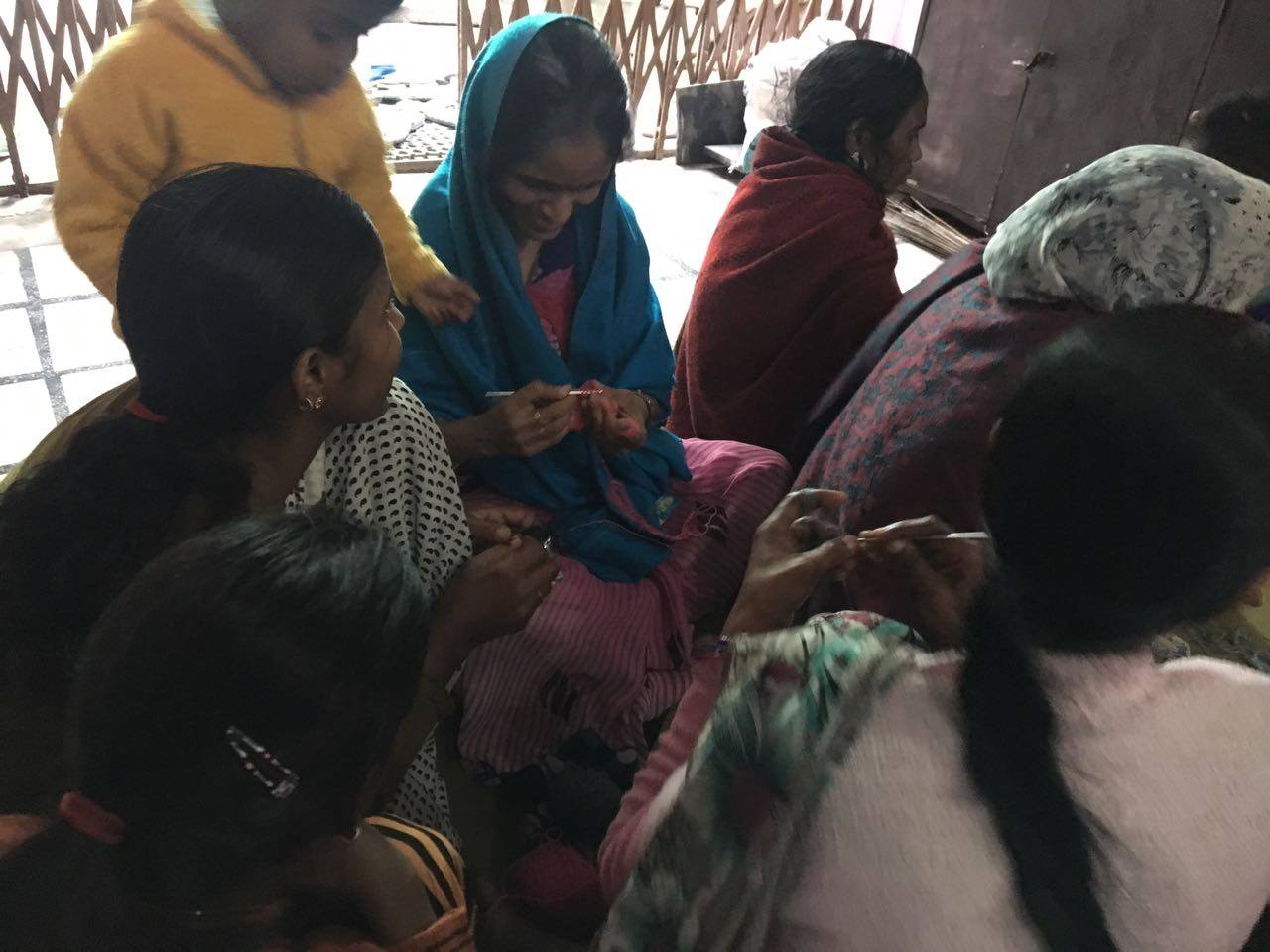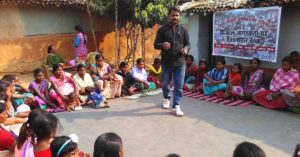TBI Blogs: How Crocheting Is Helping Women in a South Delhi Slum Knit Their Lives Together
Often, traditional skills and learnings can be leveraged to generate income opportunities and livelihoods, particularly for underprivileged communities. A group of women from a South Delhi slum are doing just that through the traditional art of crocheting.

Often, traditional skills and learnings can be leveraged to generate income opportunities and livelihoods, particularly for underprivileged communities. A group of women from a South Delhi slum are doing just that through the traditional art of crocheting.
Visiting one’s grandmothers’ home during school vacations, one can generally remember her knitting, stitching, or crocheting for her extended family, besides preparing numerous culinary treats, of course. One doesn’t come across many such instances now. Crafts seem to be a dying art, especially in urban Indian cities.
It is therefore a surprise when, walking inside the lanes of the Lalgumbat slum in South Delhi, one comes across houses that had been decorated with items made from crocheting.
Crocheting is a process of creating fabric by interlocking loops of yarn, thread, or strands of other materials using a crochet hook.
The name is derived from the French term “crochet”, meaning, “small hook”.[1]

The women of the households, who are generally migrants from the neighbouring states of Bihar, Uttar Pradesh, and Rajasthan, say that they learnt this skill back home as children. Most of these women are housewives, and due to heavy household work and lack of resources, most of them now pursue it occasionally.
AECWF asked the women if they would be interested in upgrading their skills, and perhaps using them to earn some resources. About 10 of them showed interest. AECWF found and connected them to a passionate crocheter who has been doing this since she was 12, and markets products through online platforms.
The twice-a-week classes held in the afternoons bring the women together (sometimes along with their kids) to learn new stitches and finishing techniques, different products, and how to read a pattern. The two-hour class also offers them an opportunity to connect with other women, share their lives, and have fun. Meera shares how, after spending the entire day looking after the house and children, she uses the time before sleeping to make the products.
She believes that this activity has provided her with an outlet to express herself.

The daughters who accompany the mothers to class also now show an interest in learning this craft. The women are enthusiastic and passionate learners who want to follow their passion, and at the same time also earn their livelihoods through these products.
The programme provides them a platform to share their lives when they get together. The women feel that they are part of a family, and are on the way to becoming independent. Seema, one of the youngest members, is in fact learning the art for the first time through the programme. She has shared the difficulties that she faces at home. She is the only steady earner at home, and wants to hone her crocheting skills. With them, she hopes to expand her stitching business, which she currently runs in the slums.
Another lady, Sunita, has been introduced to crocheting just recently after attending one of the classes. Today, she is more than interested to try. Even though it is taking her time to learn, she hasn’t lost hope. Most of these women bring their daughters alongside, who have also have started showing keen interest in the art.
For the women, the two-hour classes help rediscover a lost passion, and also become more independent.
[1] Wikipedia: https://en.wikipedia.org/wiki/Crochet Dated: 17-03-2017, 10:57 am
Help the Action for Excellence in Children and Women Foundation (AECWF) improve the lives of marginalized women by donating here.
Like this story? Or have something to share? Write to us: [email protected], or connect with us on Facebook and Twitter.
NEW: Click here to get positive news on WhatsApp!
If you found our stories insightful, informative, or even just enjoyable, we invite you to consider making a voluntary payment to support the work we do at The Better India. Your contribution helps us continue producing quality content that educates, inspires, and drives positive change.
Choose one of the payment options below for your contribution-
By paying for the stories you value, you directly contribute to sustaining our efforts focused on making a difference in the world. Together, let's ensure that impactful stories continue to be told and shared, enriching lives and communities alike.
Thank you for your support. Here are some frequently asked questions you might find helpful to know why you are contributing?


This story made me
-
97
-
121
-
89
-
167














